Water citizenship
The Waters that Binds Us: Exploring Water Citizenship, Knowledge and Understandings in Wales and Aotearoa New Zealand
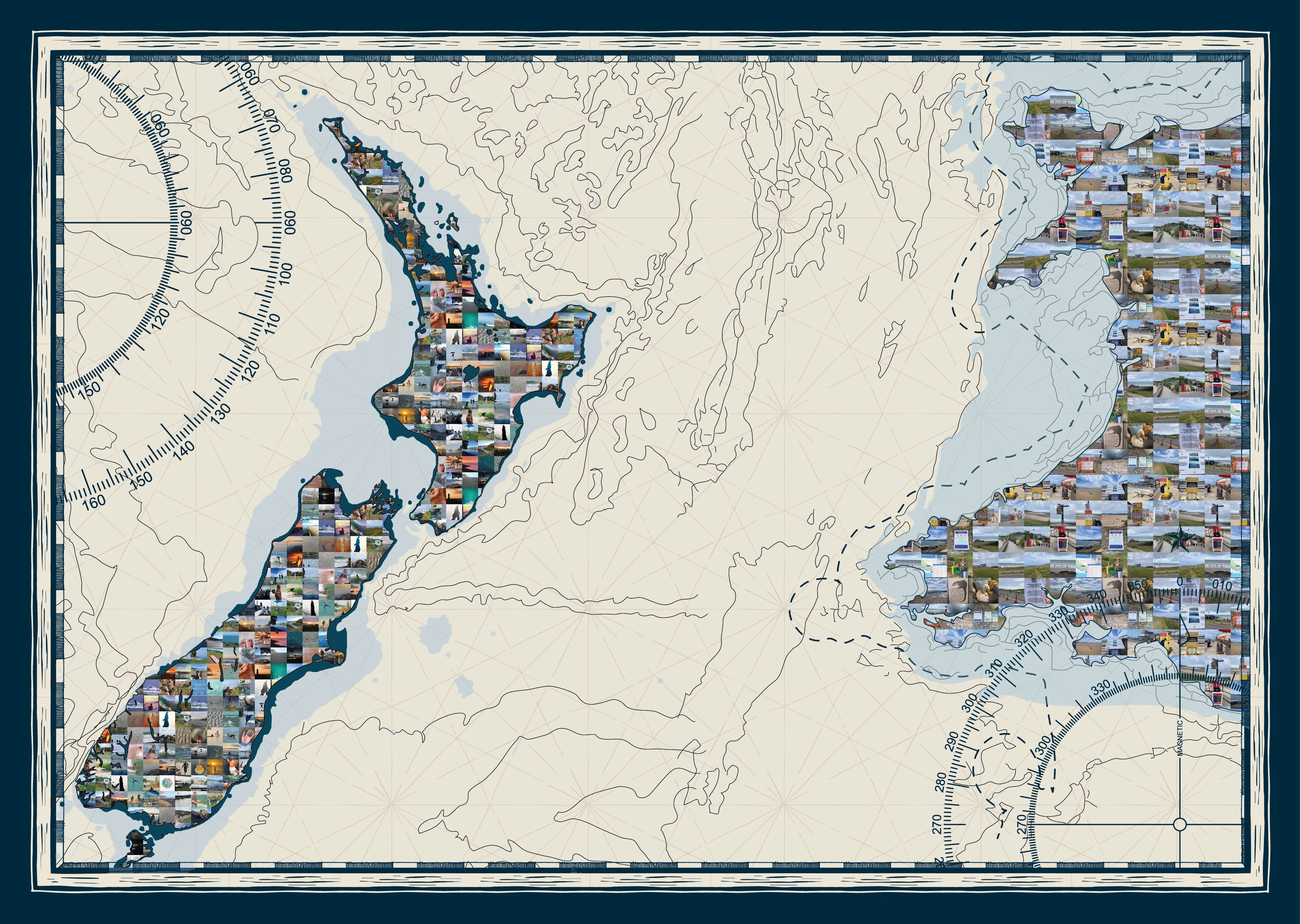
Project Aims
This was an exploratory project exploring how we know, live, and relate to each other through, on and in the waters of Wales and Aotearoa New Zealand. As countries we have long coastlines and inland waters that run through the stories we tell about ourselves, our language, our histories and the ways we relate to each other and other places.
Our project used the concept of ‘salt water citizenship’ (Whyte, 2019), encompassing people’s sense of belonging and of corresponding rights and responsibilities. The ways we think about and with water in these two countries has similarities and differences, which helped us uncover the ways in which a 'water citizenship' flows through our collective imaginary of ourselves and the things we do.
Existing international research shows that coastal spaces can be ‘therapeutic landscapes’ enabling physical and spiritual wellbeing. For some, however, they are also places of risk or exclusion which can contribute to disrupted connections. Our research explored how inequities and environmental injustices continue to shape contemporary coastal practices across different places and communities. The project therefore speaks to the multiple, complex relations of bodies with their ‘local’ coastal environments, and diverse impacts – positive and negative- for human, more-than human wellbeing.
The Team
Belinda Wheaton (Professor in Sociology, Te Kura Aronui School of Social Sciences) Belinda Wheaton Profile | University of Waikato
Marg Cosgriff (Senior Lecturer in Te Huataki Waiora Division of Health) Marg Cosgriff Profile | University of Waikato
Mihi Nemani (Senior Lecturer in Sport Development e Huataki Waiora School of Health) Mihi Nemani Profile | University of Waikato
Nikolaus Dean (Postdoctoral researcher, Te Kura Aronui School of Social Sciences)
Kate Moles (Reader in Sociology, Cardiff University) Dr Kate Moles - People - Cardiff University
Poppy Holland (RA) (Independent researcher). Website
Christina Thatcher (Lecturer in Creative Writing, Cardiff University) Dr Christina Thatcher - People - Cardiff University
Funded by the Cardiff University and the University of Waikato Collaborative Seed Fund
This seed fund supports staff at Cardiff University and the University of Waikato to develop collaborative research, teaching and/or professional services projects that have clear outcomes and a pathway to develop and sustain the collaboration.

Methodology
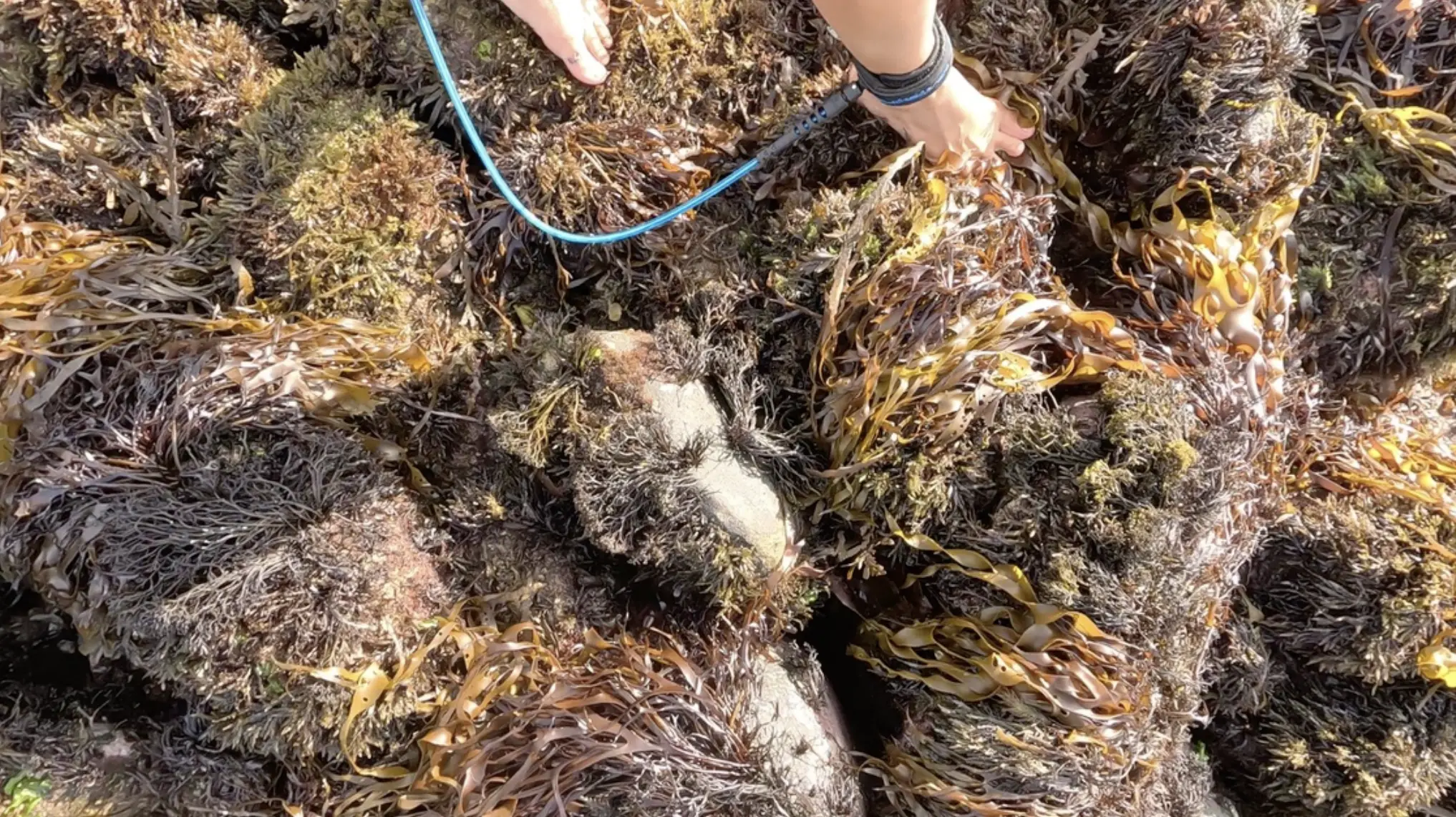
In-situ mobile methods
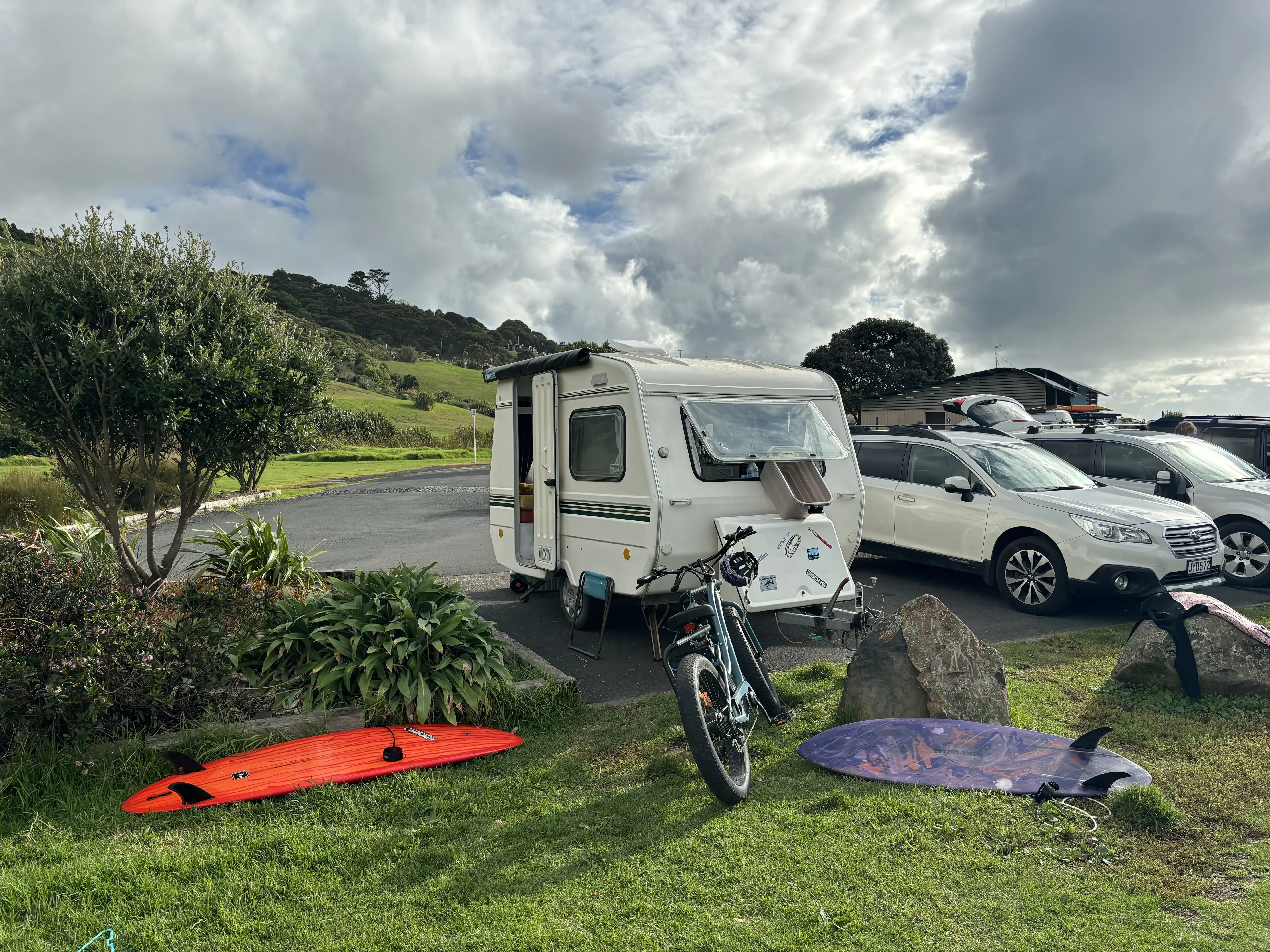
Conversations about ‘the sea and ‘you’’
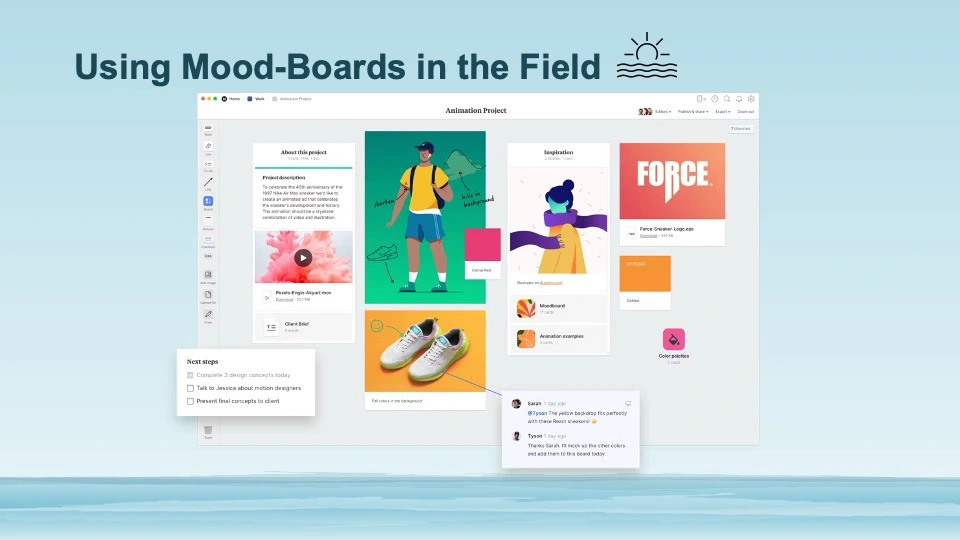
Mood-boards as a method
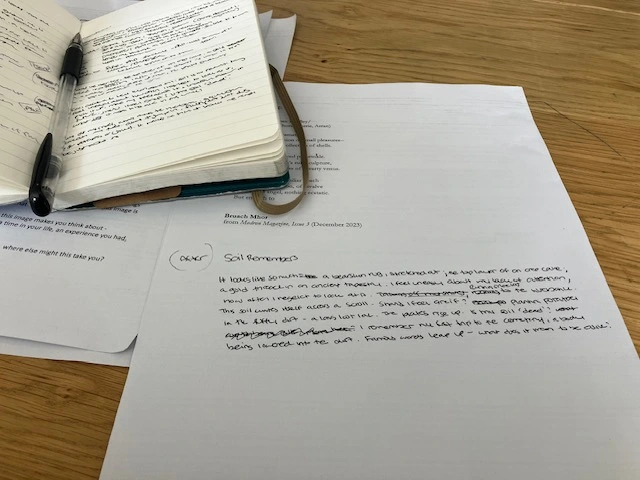
Creative writing workshop
Our research methods involved:
- In-situ mobile methods. We developed and implemented place-based participation methodologies involving in situ co-ethnography and autoethnography in and by the sea in Aotearoa and Wales. The research team are all people who regularly engage in coastal leisure (e.g. swimming, surfing, body boarding, fishing, wind sports, beach walking). However, we were from different places, and not all familiar with the local waters of Whāingaroa Raglan and Cardiff. Our approach helped consider the different material, symbolic, affective, spiritual, cultural, embodied and ontological/epistemic dimensions of coastal waters. We used photographs and video to document the process.
- Conversations about ‘the sea and ‘you’’ with 13 diverse people in Whāingaroa Raglan who engaged in activities including beach walking, swimming, surfing, wing-foiling, kai collecting and paddling. Some worked around the water, were members of environmental groups, and artists. They ranged in age (21-66 years); gender, and included Māori and Pākehā. All but one lived in Whāingaroa Raglan and considered it ‘home’, however they ranged from immigrants to having life-long intergeneration connections, including as tangata whenua.
- Co-produced participant ‘mood-boards’ as a method to help ignite conversations. Participants shared photos or artifacts with us, had conversations about them, and then helped us to create their individual mood board. Mood-boards assisted our understanding of the complexity of local saltwater citizenship, and the diverse ways it is understood and enacted.
- A creative writing workshop with academics in Cardiff.
Outputs
We have presented at the following conferences:
The water that Binds Us: Exploring water citizenship knowledge and understanding in Wales and Aotearoa New Zealand. Paper given at (Inter)Disciplinary Bodies International Conference, Brunel University London, 2024. 25 – 27 June 2024.
(Ir)Responsible Leisure, Planetary Sustainability and Human Wellbeing: Exploring Saltwater Citizenship. Paper given at Leisure Studies Association Conference 2024. (Re)claiming Leisure: Rights, Responsibilities, and Resistance. University of the West of Scotland (Paisley Campus), 10th - 12th July 2024.
The waters that bind us: Using mood-boards to explore saltwater citizenship. Paper (virtually) at North American Society for the Sociology of Sport Association Conference, Creating Communities, Axiologies, Politics, and Praxis, Chicago (10/30 – 11/02 2024) [virtual presentation]
The Waters that Bind Us: Exploring Salt Water Citizenship, Knowledge and Understandings in Wales and Aotearoa New Zealand. Paper at ‘ Fluid Geographies’ New Zealand Geographical Society (NZGS) Conference, 20 - 22 Nov 2024 Tauranga.
In the Wake: A Poetic Exploration of Water Citizenship, Knowledge and Understandings in Wales and Aotearoa New Zealand. Talk at 'Image Works: Show and Tell Session', 4 Dec 2024, Cardiff, Wales.
Our research is also featured in an exhibition titled Malleable Boundaries at the Gallagher Academy of Performing Art. 15 Nov 2024 -11 Apr 2025
The exhibition ‘Malleable Boundaries’ considers the burgeoning field of creative and non-traditional research outputs across our academic disciplines at the University of Waikato. The show highlights work from practicing artists, emerging and established academics, all testing the malleability of the academy's boundaries and challenging our collective understanding of what research can look like in practice.